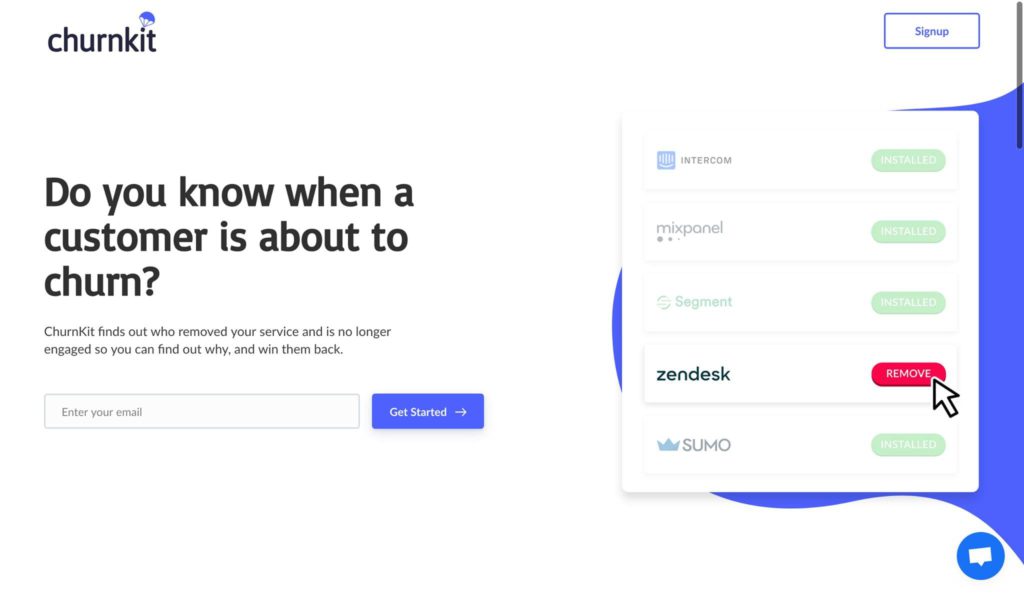How to Research and Validate Business Ideas is an essential skill for aspiring entrepreneurs looking to make their mark in the competitive business landscape. In today’s fast-paced world, generating a viable business idea is just the beginning; understanding how to assess its potential is crucial for success. This guide will delve into practical methods for researching and evaluating business ideas to ensure that your entrepreneurial journey is not only inspired but also informed.
From identifying market gaps to analyzing consumer needs, effective research methods can illuminate the path toward a successful venture. Validating ideas through various techniques can safeguard against risk and provide clarity in decision-making. Whether you’re a seasoned business owner or just starting out, mastering these processes could be the key to realizing your vision.
The COVID-19 pandemic has accelerated a trend that was already starting to take shape: remote work. While the concept of working from home was not new, the widespread adoption of this practice was largely driven by necessity. What began as a temporary solution has evolved into a permanent fixture for many organizations, reshaping the way we think about work, collaboration, and employee well-being.
Historical Context
Remote work has its roots in the early days of telecommuting, which emerged in the 1970s. However, it wasn’t until the advent of the internet and advancements in technology that working from home became a viable option for many employees. Companies began experimenting with flexible work arrangements, and some forward-thinking organizations implemented policies that allowed employees to work remotely, albeit on a limited scale.
The Pandemic’s Impact
When the pandemic hit in early 2020, businesses around the world were forced to adapt quickly. Lockdowns and health concerns prompted organizations to send their employees home, leading to a dramatic shift in how work was conducted. Video conferencing platforms like Zoom and collaboration tools like Slack became essential in maintaining communication and productivity.
Benefits of Remote Work
One of the most significant advantages of remote work is increased flexibility. Employees are no longer tied to a 9-to-5 schedule and can structure their work hours around personal commitments. This flexibility leads to a better work-life balance, which is crucial for mental health and overall job satisfaction.
Moreover, remote work can result in cost savings for both employers and employees. Companies can reduce overhead costs by downsizing office space, while employees save on commuting expenses and time. Additionally, remote work opens the door to a wider talent pool, as organizations can hire the best candidates regardless of their geographical location.
Challenges in Remote Work
Despite its many benefits, remote work is not without its challenges. One of the primary concerns is the potential for isolation. Employees who work from home may miss out on social interactions and the camaraderie that often comes with being in a physical office. This isolation can lead to feelings of loneliness, which can impact mental health and productivity.
Another challenge is the blurring of boundaries between work and personal life. When working from home, it can be difficult to “switch off” at the end of the day. This lack of separation can lead to burnout, which is a growing concern in the remote work landscape.

Hybrid Work Models
To address some of the challenges associated with remote work, many organizations are adopting hybrid work models. These models allow employees to split their time between working remotely and working in the office. This flexible approach aims to strike a balance between the benefits of remote work and the social interaction that comes from being in a shared workspace.
Hybrid models also provide an opportunity for companies to maintain their culture and foster collaboration. By designating specific days for in-office work, organizations can encourage teamwork and brainstorming sessions while still allowing for the flexibility that remote work offers.
Technology’s Role in Remote Work
The success of remote work relies heavily on technology. With the right tools, employees can communicate, collaborate, and manage their tasks effectively from anywhere. Video conferencing, project management software, and cloud-based document sharing have all become staples of remote work environments.
As technology continues to evolve, we can expect to see even more innovative solutions designed to enhance remote work experiences. Artificial intelligence and automation may play a significant role in streamlining processes and improving productivity, allowing employees to focus on more strategic tasks.
Future Trends in Remote Work
The future of work is likely to be shaped by several trends. One such trend is the growing emphasis on mental health and well-being. As organizations recognize the importance of supporting their employees’ mental health, we can expect to see more initiatives aimed at promoting wellness, work-life balance, and resilience.
Additionally, as remote work becomes more entrenched, there may be a shift in how organizations approach physical office spaces. Instead of maintaining traditional offices, companies may opt for flexible workspaces that can be adapted to meet the needs of a hybrid workforce.
Conclusion: How To Research And Validate Business Ideas
In conclusion, the rise of remote work represents a significant shift in the way we approach our professional lives. While there are challenges to overcome, the potential benefits of increased flexibility, cost savings, and access to a broader talent pool are driving many organizations to embrace this new work paradigm.
As we move forward, it is essential for both employers and employees to adapt to this changing landscape. By leveraging technology, fostering a strong company culture, and prioritizing mental health, organizations can create a productive and fulfilling remote work environment that benefits everyone involved.
The future of work is here, and it’s more flexible than ever.






